New Trends in Sustainability Reporting: The EU Green Deal and Its Impacts
09 Eylül 2025Today, environmental, social, and economic challenges have reached a level where they can no longer be ignored. The effects of the climate crisis, resource depletion, loss of biodiversity, and social inequalities are forcing everyone—from individuals to corporations—to take greater responsibility in terms of sustainability. At this point, sustainability reporting has rapidly become a top priority for both companies and investors. Especially with the introduction of the EU Green Deal, we are now entering a new era in sustainability.
So, what exactly does the EU Green Deal mean? How will it affect businesses and economies? And most importantly, what are the emerging trends in sustainability reporting? Let’s explore these questions together.
What Is the EU Green Deal?
The EU Green Deal is a comprehensive environmental strategy introduced by the European Union in 2019 with the goal of achieving net zero emissions by 2050. This strategy does not treat climate change solely as an environmental issue but as the driving force behind economic and social transformation. It affects all sectors—from energy to agriculture, from transportation to industry—and extends its influence beyond EU borders.
For countries like Türkiye, which have strong trade relations with the EU, the Green Deal has become an economic necessity as much as an environmental one. Companies exporting to the EU must now report on the environmental impact of their products and align with certain sustainability criteria. This makes sustainability reporting a professional and strategic necessity.
Why Is Sustainability Reporting Important?
In the face of global environmental challenges, well-intentioned statements and CSR projects are no longer sufficient. Investors, consumers, and even employees demand real data and transparency from companies. That’s where sustainability reporting comes into play.
A sustainability report is a comprehensive document where companies evaluate and disclose their Environmental, Social, and Governance (ESG) performance. These reports detail carbon footprints, energy use, waste management, social impact, and governance practices.
For companies seeking green financing, these reports are critical. Banks, investors, and financial institutions now base their decisions on a project’s environmental impact. In other words, sustainability reporting is not just about reputation—it's a strategic financial tool.
Key Trends in Sustainability Reporting
- Alignment with the EU Taxonomy
With the EU Green Deal came the EU Taxonomy, a scientific framework that defines what qualifies as “environmentally sustainable.” Companies must now assess and report their operations based on these criteria.
This makes sustainability reporting more measurable, comparable, and reliable. It’s no longer enough to claim you are “eco-friendly”—you must show when, how, and with what impact.
- Digital Transformation and Data Integration
One of the biggest shifts is the integration of digital data solutions. Sustainability reporting is no longer based on spreadsheets alone. Technologies such as big data, AI, cloud systems, and IoT are transforming how ESG data is collected, analyzed, and reported.
This creates more accurate and auditable reports—and significantly reduces the risk of greenwashing.
- Increased Pressure from Investors
Sustainability has moved from being a niche interest to a global standard. The world’s largest funds and financial institutions now demand clear and measurable sustainability strategies from companies.
Businesses are expected to set net zero targets and regularly report on progress, including efforts in carbon reduction, energy efficiency, circular economy practices, and social responsibility.
- Focus on Sustainable Supply Chains
Sustainability is now about more than a company’s own operations. Under policies like Carbon Border Adjustment Mechanism (CBAM), the EU evaluates the environmental impact of imported goods as well.
This means companies must ensure that their entire supply chains are sustainable. Suppliers must provide environmental performance data and relevant certifications. Weak links are no longer acceptable.
Impacts of the Green Deal on Türkiye
As a country with strong trade ties to the EU, Türkiye is directly affected by the Green Deal. Sectors like industry, energy, chemicals, agriculture, and textiles will be particularly impacted.
Exporters will be required to document the environmental impact of their products. This makes sustainability reporting infrastructure, skilled ESG teams, and digital tools essential.
Türkiye’s alignment with these new standards will be a critical factor in maintaining competitiveness in the EU market.
What Should Companies Do?
To adapt and succeed, companies must:
- Define a clear sustainability strategy, integrating ESG into the core business model.
- Establish data infrastructure for accurate, measurable, and auditable reporting.
- Comply with international frameworks such as the EU Taxonomy, GRI, SASB, and TCFD.
- Publish transparent and accessible reports for all stakeholders.
- Engage internal and external stakeholders, including employees, suppliers, and investors.
The EU Green Deal is reshaping the global economic landscape, with sustainability reporting at its heart. Transparency, accountability, and measurable impact are no longer optional—they’re essential for legal compliance and business resilience.
For companies, this transformation offers both challenges and opportunities. Those who act early, invest in systems, and align their strategy with global sustainability goals will not only comply—but lead the way into a greener, more responsible future.
In developing its sustainability strategy in alignment with its corporate strategy, Biotrend has taken into account the United Nations 2030 Sustainable Development Goals (SDGs), the Paris Agreement, and the European Green Deal, which are the driving forces behind global economic and social transformation. The company has considered the requirements of green, circular, and digital transformation in line with these global change processes. In this context, Biotrend prioritizes aligning its activities with the targets set for 2030 and 2050.
You can find more detailed information about Biotrend’s sustainability strategies in its Sustainability Report.





